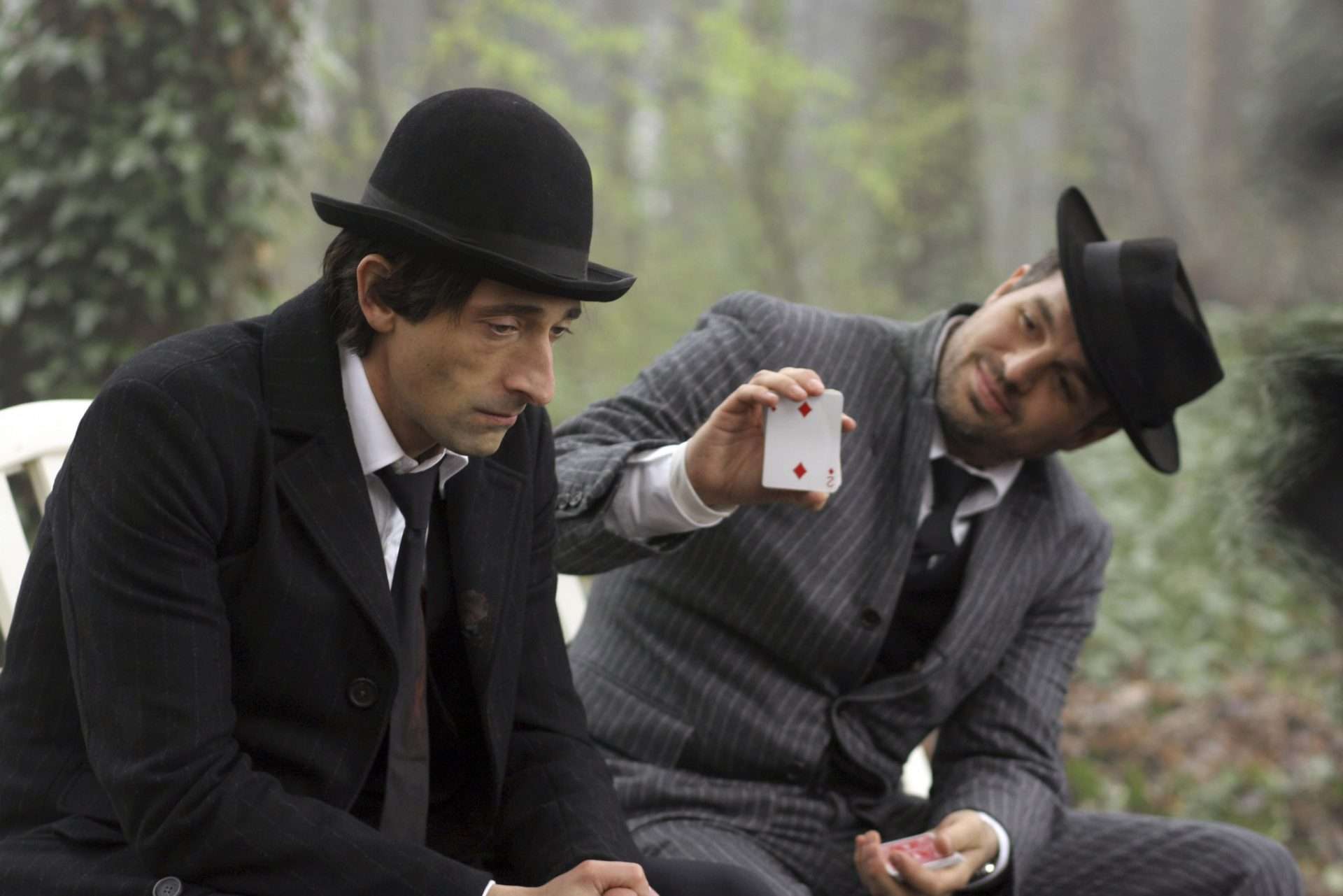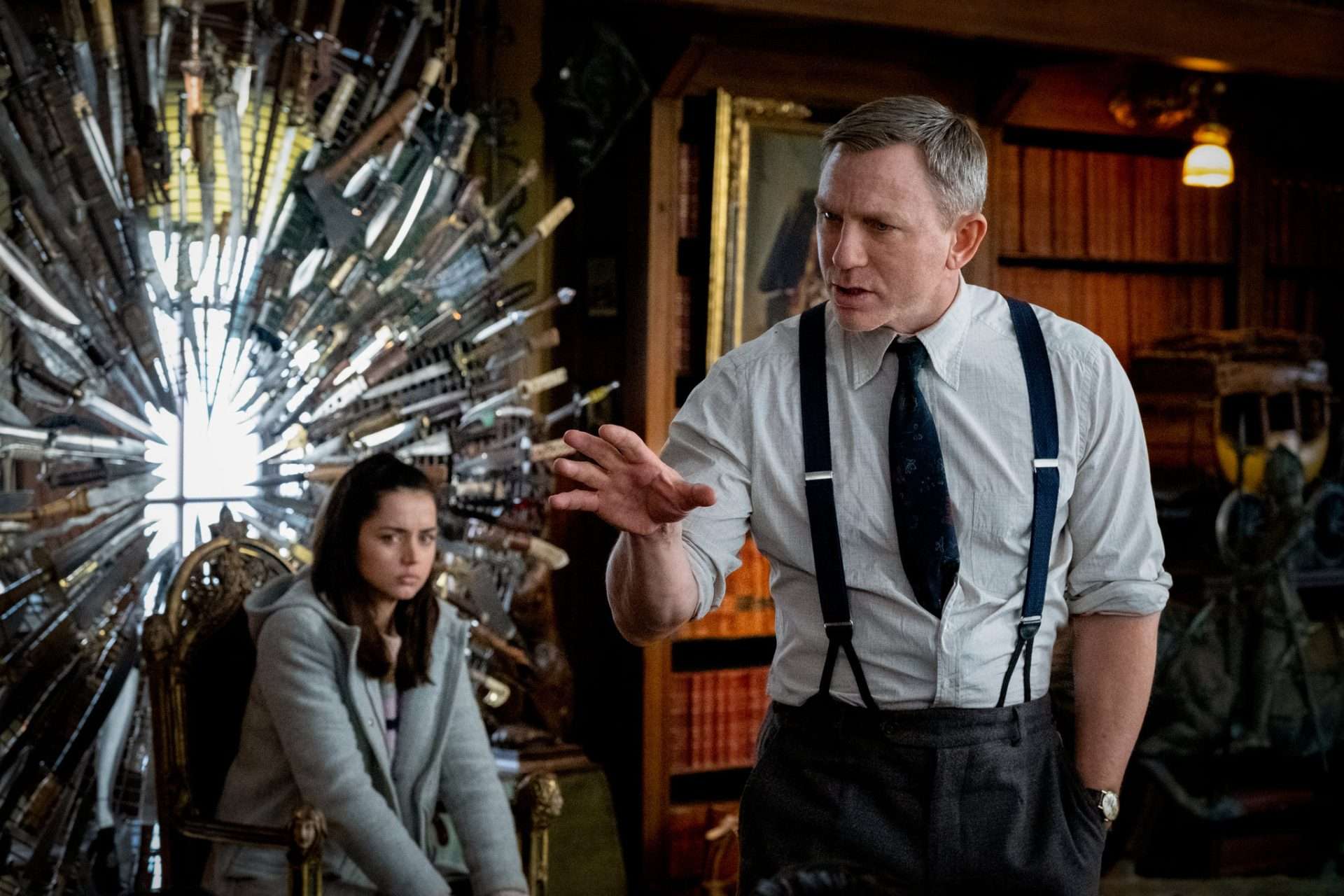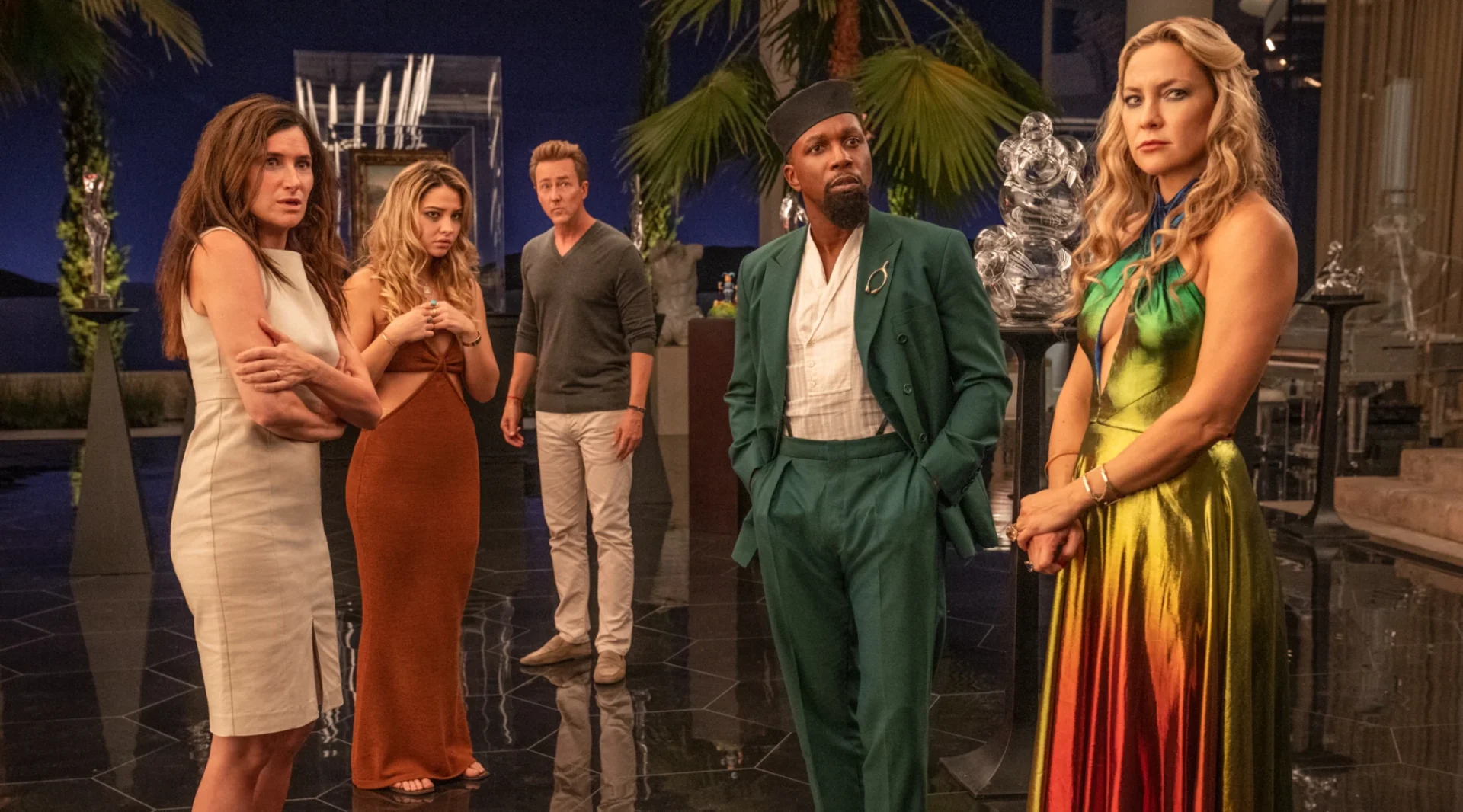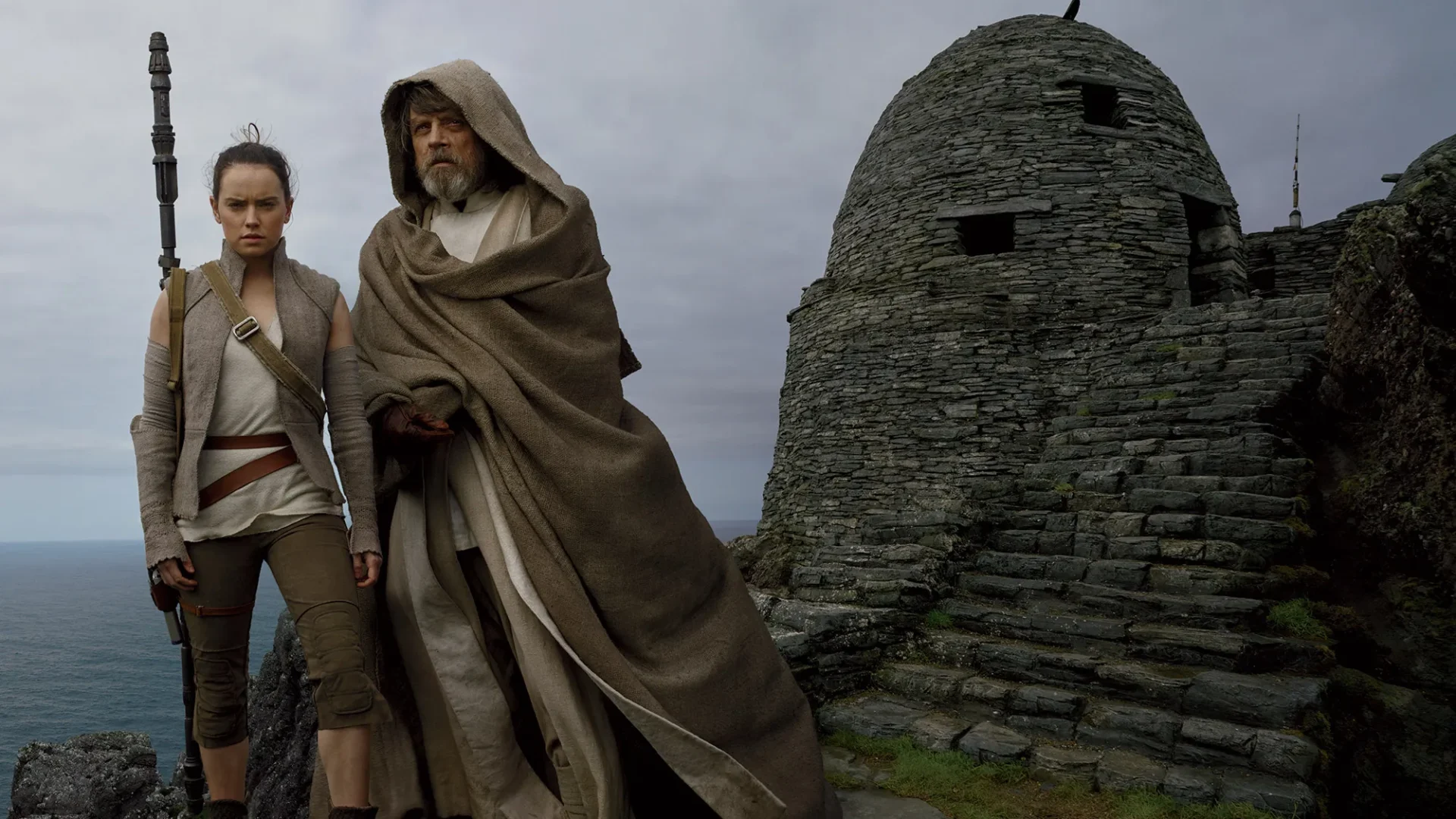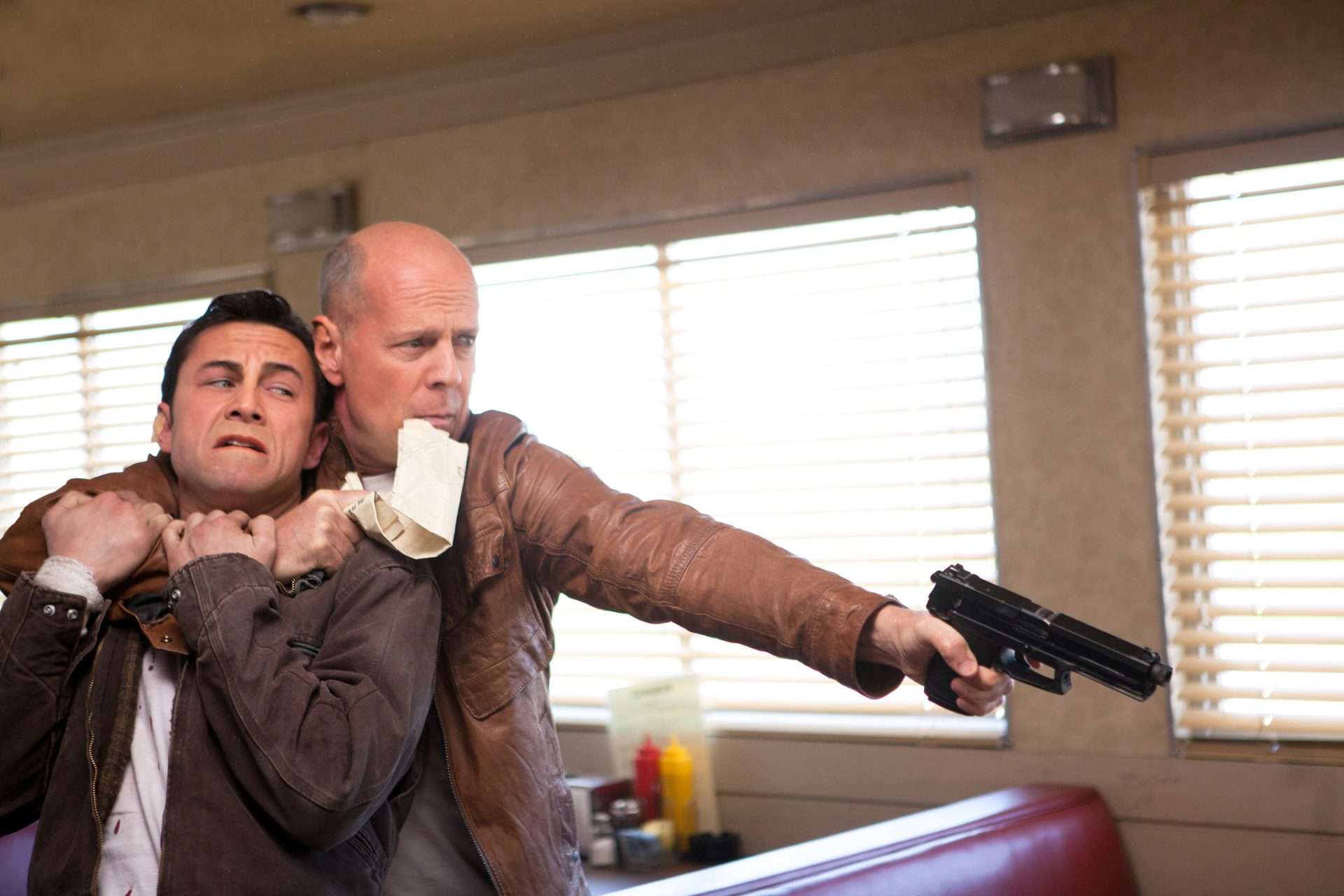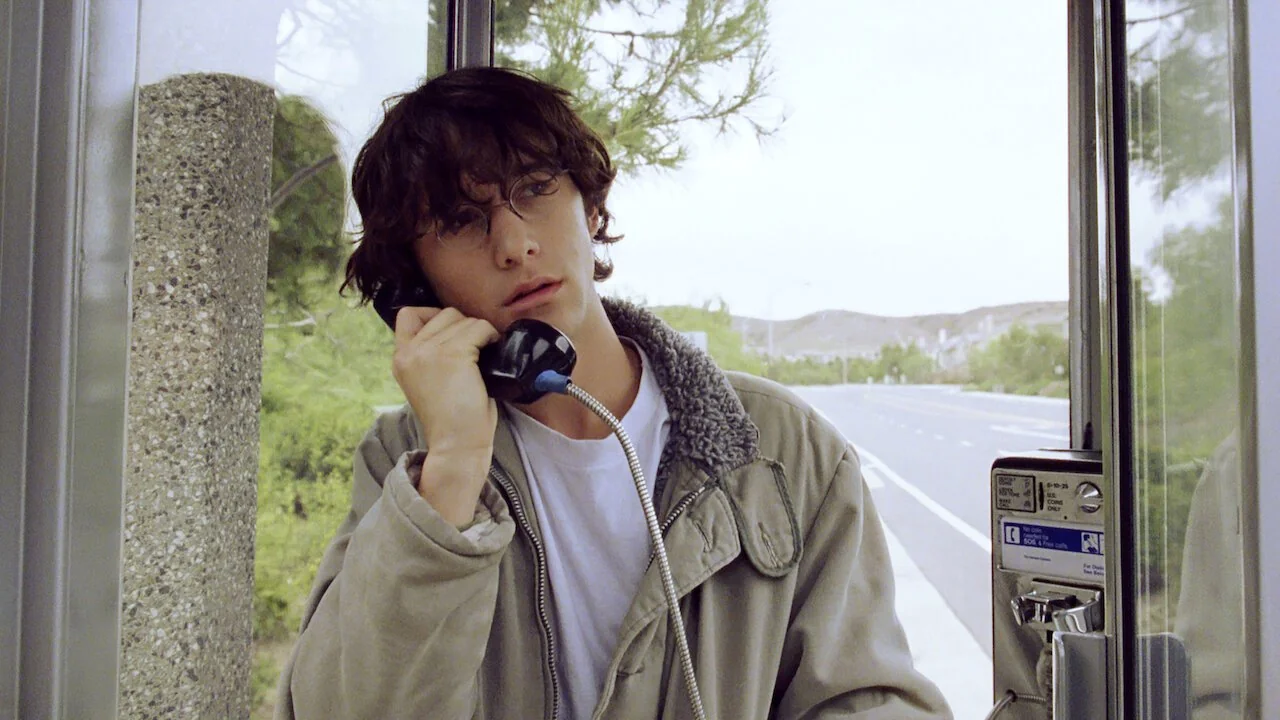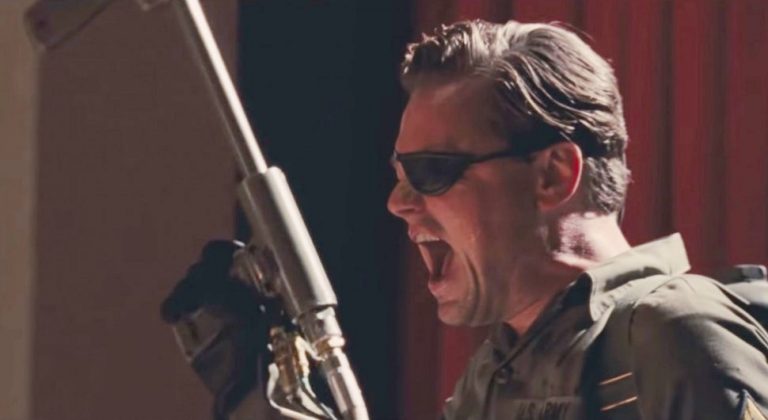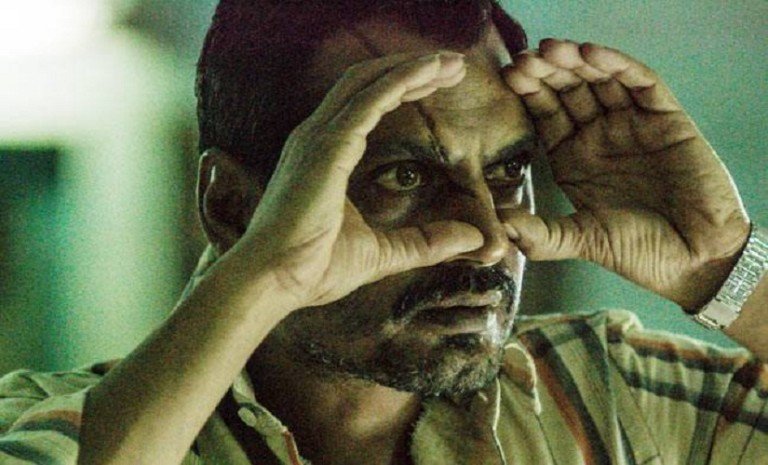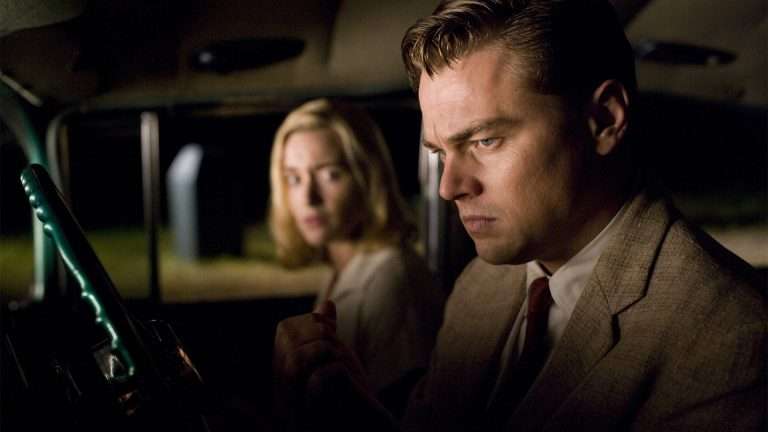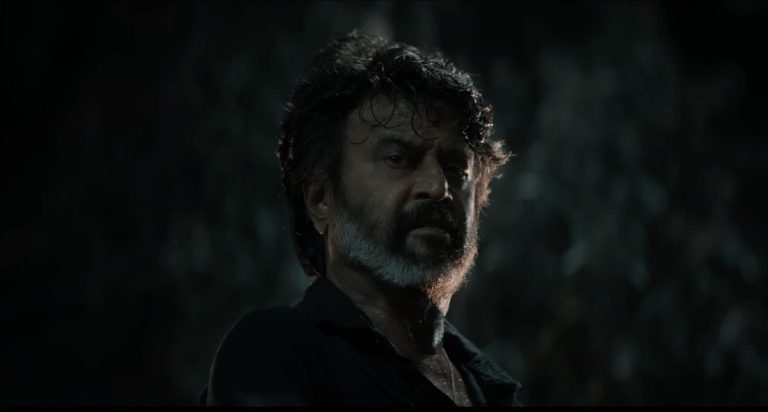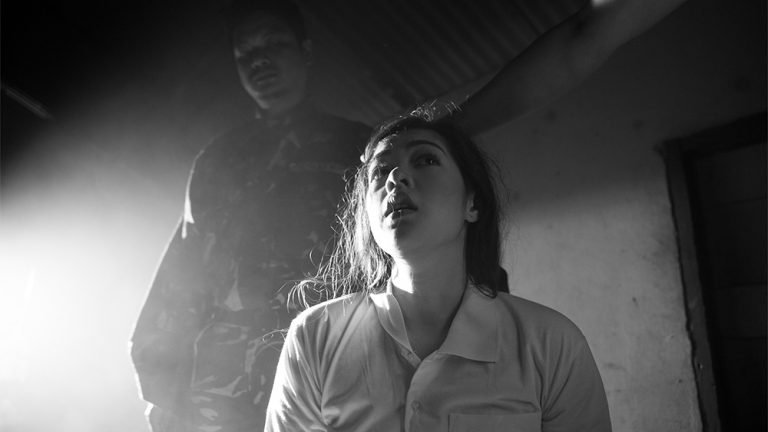Rian Johnson has had a remarkable success story, as he went from being an “indie darling” to one of the most powerful studio filmmakers in the industry. Johnson first broke out when his independent directorial debut, “Brick,” made a splash at the Sundance Film Festival in 2005. By demonstrating his ability to craft an innovative story on a modest budget, Johnson earned opportunities to broaden his horizons and tackle even more ambitious projects. While he received even more praise for his extraordinary work directing two episodes of the critically acclaimed AMC drama show “Breaking Bad,” Johnson has turned his sights to more film projects for the foreseeable future.
Johnson was able to venture into the galaxy far, far away when he signed on to direct the second installment in the “Star Wars” sequel trilogy, but recently, he’s been continuing a franchise that is entirely his own. “Knives Out” proved to be a smash hit, and became one of the most successful original films in years. In addition to earning Johnson his first Academy Award nomination for Best Original Screenplay, “Knives Out” ended up spawning a franchise on Netflix. However, it appears as if Johnson will move on to make an original project next.
Ranking Johnson’s films is by no means an easy task, as even the weakest entries in his filmography still contain interesting characters, memorable dialogue, and a few clever twists. It speaks to the strength of his creative output that every single film he has made thus far can at least be considered to be “good.” Without further ado, here is every Rian Johnson film, ranked from worst to best.
7. The Brothers Bloom (2008)
“The Brothers Bloom” is the worst film that Johnson has made thus far simply because it doesn’t do anything that is radically inventive. The most impressive skill that Johnson has is his ability to turn genres on their heads and subvert the expectations that audiences have. “The Brothers Bloom” is a fairly straightforward caper movie that centers on two brothers, played by Adrien Brody and Mark Ruffalo, who attempt to pull off a heist. While the premise could be compared to classics like “The Lavender Hill Mob” or “The Italian Job,” Johnson is able to add more emotion to the story thanks to the commentary on fraternal relationships.
Ruffalo is often heralded for his strengths as a dramatic actor, but “The Brothers Bloom” gave him an opportunity to show the full extent of his range. He masterfully portrays a character so consumed by juggling multiple identities that he has lost a clear sense of self. Comparatively, Brody is able to bring out a soft, emotional side to his character that helps “The Brothers Bloom” reach its more serious moments. While the film is guilty of burdening the viewer with a few too many twists by the time it reaches its ending, “The Brothers Bloom” never fails to be entertaining.
6. Knives Out (2019)
“Knives Out” was a great throwback film that showed how much Johnson admired the work of Agatha Christie, the beloved author of classics like “Murder on the Orient Express” and “And Then There Were None.” The film is clearly modeled after a Hercule Poirot adventure, as Daniel Craig’s character, the southern detective Benoit Blanc, is certainly inspired by Christie’s most famous protagonist. Nonetheless, “Knives Out” never feels too nostalgic for its own good, as Johnson is able to insert some very clever commentary on the hubris that is involved with wealth. It also may be the funniest film that Johnson has ever written, as he has a strong ear for one-liners.
“Knives Out” may not be the most compelling mystery within Johnson’s filmography, as it is fairly easy to predict who the killer will be on an initial viewing. However, the film is less interested in the identity of the culprit than it is in the process of the crime; Johnson is able to intertwine flashbacks that show the same events through different perspectives in a compelling way.
Craig completely sheds his identity as James Bond to play a witty, whimsical hero, but never feels like he is slipping into a caricature. That being said, it is the overall strength of the cast that makes “Knives Out” so deliriously entertaining. Chris Evans is certainly a scene-stealer as a snarky “black sheep” of his family, but it’s Ana de Armas’ empathetic performance that is the heart of the film.
5. Glass Onion: A Knives Out Mystery (2022)
“Glass Onion: A Knives Out Mystery” is the rare sequel that outdoes its predecessor because it managed to heighten everything that had initially worked. Johnson relies on Craig even more to give a dynamic performance; while Blanc must convey the same confusion and frustration the audience experiences, he also needs to reveal that he’s always several steps ahead in his thinking.
Craig has developed a lot of quirks that make the performance even more hilarious, but the film does a great job of showing why Blanc is so drawn to these peculiar cases. While there is an aspect of him that genuinely loves solving puzzles and crimes, he also has a strong sense of justice and wants to ensure that those in power are held responsible for their misdeeds.
“Glass Onion: A Knives Out Mystery” flips the first film’s premise by exploring the insidious world of influencers, many of whom gained their status by salacious means. The film maintains a lighthearted tone, as Johnson draws amusing parallels to public figures through his broad, eccentric characters.
Edward Norton is perfectly cast as an eccentric billionaire who has cut corners in order to impress his friends; although the performance is intended to be irritating, Norton does add some insight into why this caustic character is so determined to prove his doubters wrong. Thanks to a perfectly calculated ending, “Glass Onion: A Knives Out Mystery” ensured that audiences would be invested in more Blanc mysteries for the foreseeable future.
4. Wake Up Dead Man: A Knives Out Mystery (2025)
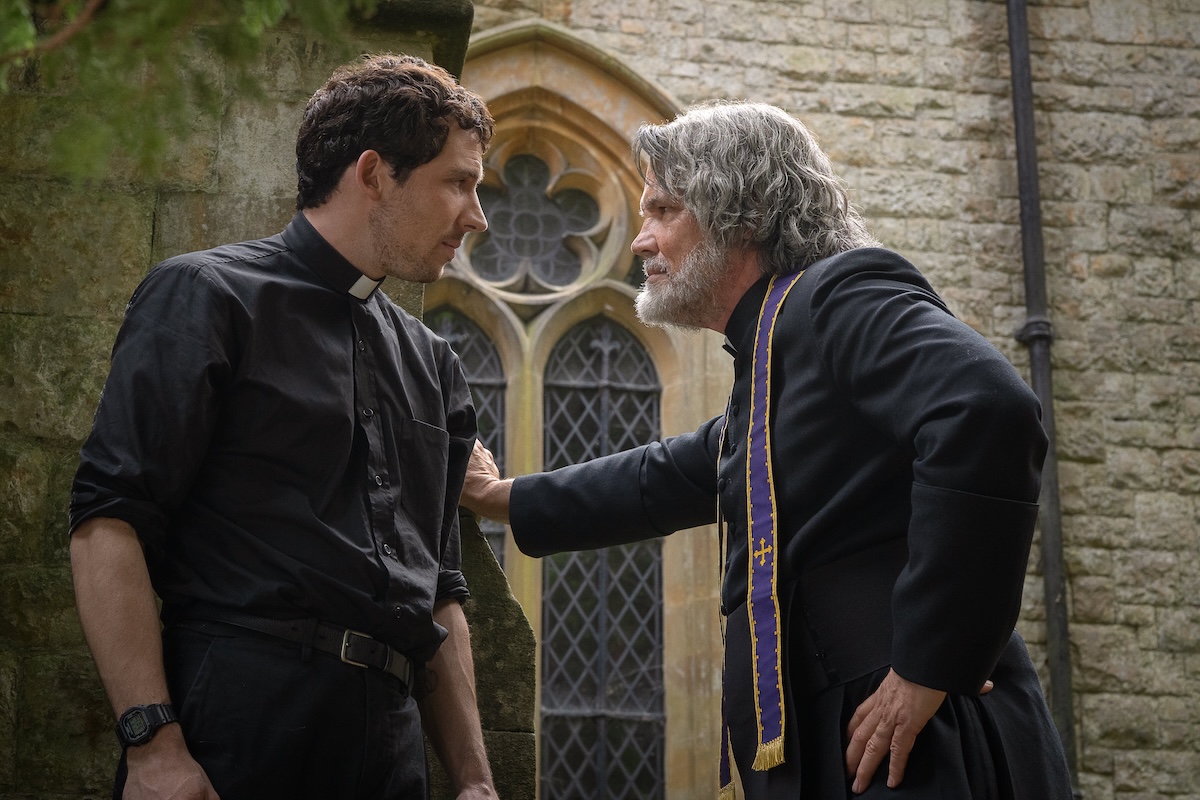
If the first “Knives Out” satirized the wealthy elite and its sequel explored the dubious nature of influencers and tech culture, then “Wake Up Dead Man: A Knives Out Mystery” was Johnson’s most personal effort yet through its examination of faith. It’s a film that acknowledges the ways in which organized religion can be weaponized to spread fear and hate, but also suggests that it has the potential to draw a community together with the collective idea of hope.
Although all of the films in the “Knives Out” franchise are centered on ensemble casts, “Wake Up Dead Man” is primarily told through the perspective of Father Judd (Josh O’Connor), an idealistic priest whose integrity makes him both vulnerable and personable. Johnson’s greatest decision was to make Benoit Blanc a supporting character who really only existed to push Judd towards deeper understandings of what he represented, and how he could seek to change the minds of those who have blindly followed his murdered previous employer, Wicks (Josh Brolin).
The mystery in “Wake Up Dead Man” is compelling because it’s less built on revelations, and more centered on characters having to hold themselves responsible. While just as sharp and funny as its predecessors, “Wake Up Dead Man” has a sense of finality and true justice that suggests Blanc and his quirky ways have made the world a better place. Although Johnson could certainly continue the franchise well into the future, “Wake Up Dead Man” could also be seen as the ideal final chapter to a near-perfect trilogy.
3. Star Wars: The Last Jedi (2017)
“Star Wars: The Last Jedi” is easily the greatest entry in the saga since “The Empire Strikes Back,” and succeeds in questioning the fundamental truths within the galaxy far, far away. Although it is easy to think of “Star Wars” as nothing more than a battle of “good and evil,” Johnson was able to set up Rey (Daisy Ridley) and Kylo Ren (Adam Driver) on interesting dual journeys.
Rey realizes that Luke Skywalker (Mark Hamill) has lost faith in the Jedi Order as an institution, and Ren begins to question whether the allegiance he swore to Supreme Leader Snoke (Andy Serkis) was a mistake. The shocking confrontation that the two characters share is easily one of the most shocking, inspiring, and thought-provoking moments in the entire “Star Wars” saga.
“Star Wars: The Last Jedi” is certainly one of the best-looking installments in the series; between the eye-popping space battles to the intimate moments of Luke in solitude, Johnson is able to merge practical effects with computer-generated imagery in a way that feels appropriate to what George Lucas’ original vision was.
While it does contain genuinely upsetting moments, “Star Wars: The Last Jedi” also remembers that there has always been comedy in “Star Wars,” and leaves room for humorous banter between the characters. Although it has sadly been targeted by toxic haters, “Star Wars: The Last Jedi” served as proof that blockbuster cinema could aspire to be great art.
2. Looper (2012)
“Looper” is a very inventive science fiction project that allowed Johnson to build an entire universe from the ground up. While comparisons could be drawn with “Total Recall” or “Minority Report,” Johnson displays an interesting version of the future in which time travel exists. The mechanics of jumping through time are admittedly challenging to explain, but Johnson gives just enough detail that it makes sense.
Ultimately, the trope is simply a means for him to delve into an even deeper character study. ”Looper” brings up existential themes about determinism, the nature of violence, and the difference between nature and nurture. While remarkable in its attention to detail, “Looper” always feels like a very specific, personal story.
At the center of the story of “Looper” is the assassin, Joe, played in two separate timelines by Joseph Gordon-Levitt and Bruce Willis. Even though the two actors don’t necessarily look that similar to one another, Johnson concocts a tragic narrative that explains how someone as good-natured and earnest as Levitt’s version of Joe could turn into the dour, aggressive man that Willis becomes. “Looper” is certainly Johnson’s most violent and disturbing film, and in some instances, it risks being too bleak for its own good. That being said, Johnson was able to combine noir, sci-fi, and action elements into a unique spectacle that is impossible to pin down to just one genre.
1. Brick (2005)
Although he has gone on to do bigger and more broadly accessible films, “Brick” is the masterpiece that kicked off Johnson’s career, and remains his most impressive achievement. The premise of “Brick” is deceptively simple. Joseph Gordon-Levitt stars as a high school loner who begins searching for his ex-girlfriend, who may have been involved in a seedy drug ring.
“Brick” is heavily inspired by classical “dime store detective” stories that starred sleuths like Philip Marlowe or Sam Spade. However, Johnson inserts this narrative into the setting of a Los Angeles high school, with the school’s subcultures representing the different social classes of a big city. “Brick” is not a parody of noir cinema, but a reinvention that adds in elements of a coming-of-age story.
“Brick” is one of the most finely crafted narratives by Johnson, as the clues that lead to the ultimate reveal are cleverly dispersed throughout the narrative. Despite the highly dense dialogue, Johnson’s distinct aesthetic choices are a key reason why “Brick” stands out as a uniquely captivating experience. The indie budget was by no means a detriment, as “Brick” manages to be remarkably expansive, whilst never sacrificing its sense of intimacy. Johnson clearly has a long career ahead of him, and in all likelihood, he will make many more great films. That being said, it remains to be seen if he will ever create another masterpiece that manages to top “Brick.”

